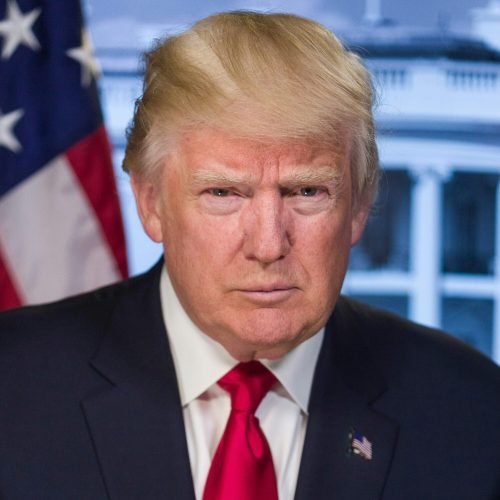The Escalating Conflict Between Iran and Israel
The Israeli military has reported that Iran launched missiles at Israel. Sirens are sounding across central and southern Israel. People are told to seek shelter as flares and projectiles are seen in the skies over at Tel Aviv
This marks a big increase in the long-standing tensions between Iran and Israel.
The Iranian Revolutionary Guards Corps (IRGC) said they launched the missile strikes. They claimed it was in response to the recent killings of senior Hezbollah and Hamas leaders. The IRGC warned that if Israel retaliates, Iran will hit back hard.
This attack comes after a rise in tensions. There have been attacks and counterattacks between Israel and Iran’s proxies. The killings of Hezbollah chief Hassan Nasrallah and Hamas leader Ismail Haniyeh were major blows to Iran. The missile strikes seem to be Iran’s response.
The Implications of the Missile Strikes
The missile strikes on Israel could make the situation in the region even more unstable. The conflict between Iran and Israel has long worried people. Both sides have been involved in proxy wars and secret operations.
The immediate effect is disruption to daily life in Israel. People are seeking shelter, and there are reports of damage and casualties. The economic impact could also be big, as businesses and industries may have to shut down or work under extra security.
The missile strikes could also have wider implications. The conflict could draw in other countries, leading to a bigger war. The United States, a strong ally of Israel, has condemned the missile strikes and promised to support Israel.
Moreover, the missile strikes could affect talks over Iran’s nuclear program. The talks have been slow, and the latest escalation could make reaching a deal harder.
The Regional Dynamics and Proxy Conflicts
The conflict between Iran and Israel is part of a bigger picture in the Middle East. Iran wants to grow its influence in the region. It supports groups like Hezbollah and Hamas to challenge Israel.
- Iran’s backing of Hezbollah in Lebanon and Hamas in Gaza has caused tension with Israel. These groups have attacked Israel, launching rockets into its territory.
- Other countries like Saudi Arabia and the United Arab Emirates have sided with Israel. They want to counter Iran’s growing influence.
- The proxy wars have also played out in Syria and Yemen. Iran and its rivals have supported different factions in these conflicts.
The missile strikes on Israel are just the latest in this complex situation. As tensions rise, the risk of a wider war is high. The international community is worried about more violence and destabilization.
The Domestic Implications in Israel and Iran
The missile strikes have big implications for both Israel and Iran. In Israel, the attacks have raised concerns about security and the defense systems’ ability to protect citizens.
- The sirens and visible projectiles have caused panic and fear. Many Israelis are seeking shelter and taking precautions.
- The attacks have also put pressure on the Israeli government. It has been facing a political crisis and elections in recent months.
- The government’s response to the missile strikes will be closely watched. Any weakness or failure to protect the country could have big political consequences.
The International Response and Implications
The missile strikes on Israel have also drawn significant international attention and concern. The United States, which has long been a staunch ally of Israel, has condemned the attacks and pledged its support for the country.
Other members of the international community, including the European Union and the United Nations, have also expressed their concern and called for a de-escalation of the conflict. The attacks have also raised concerns about the potential for a wider regional conflict, which could have significant implications for global security and stability.
The international response to the missile strikes will be crucial in shaping the future trajectory of the conflict. If the international community is able to broker a diplomatic solution and de-escalate the tensions, it could help to prevent a wider regional war. However, if the conflict continues to escalate, it could have significant consequences for global security and stability.
The Need for Diplomatic Solutions
The missile strikes on Israel by Iran represent a significant escalation in the long-standing tensions between the two countries. The attacks have the potential to further destabilize the region and draw in other regional and global powers, potentially leading to a wider regional conflict.
However, the international community must work to find diplomatic solutions to this conflict. A military escalation would only serve to further exacerbate the situation and put the lives of countless civilians at risk. Instead, the focus should be on finding ways to de-escalate the tensions, address the underlying issues, and work towards a lasting peace in the region.
This will require a concerted effort from all parties involved, including Iran, Israel, and the international community. It will also require a willingness to compromise and find common ground, even in the face of deeply entrenched positions and long-standing animosities.
Ultimately, the stakes are too high to allow this conflict to spiral out of control. The future of the region, and potentially the world, depends on the ability of the international community to find a diplomatic solution to this crisis. It is a challenge that will require patience, perseverance, and a commitment to peace and stability in the Middle East.




